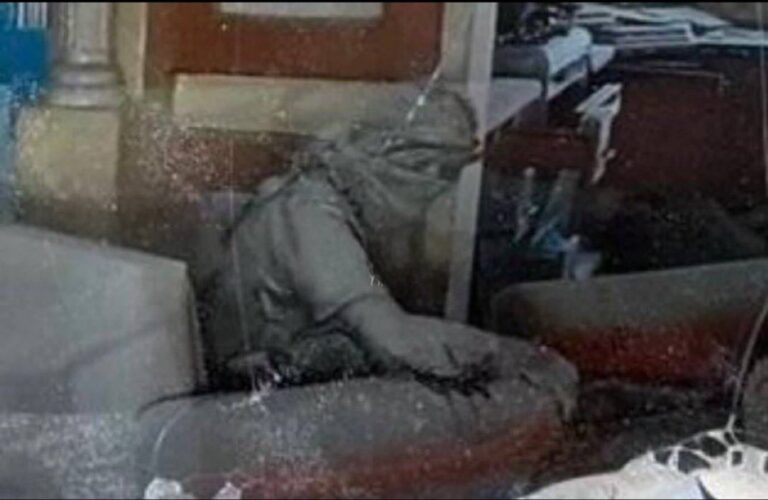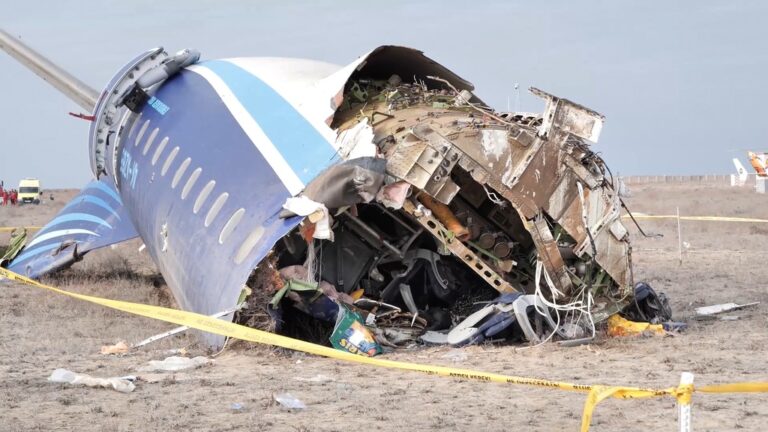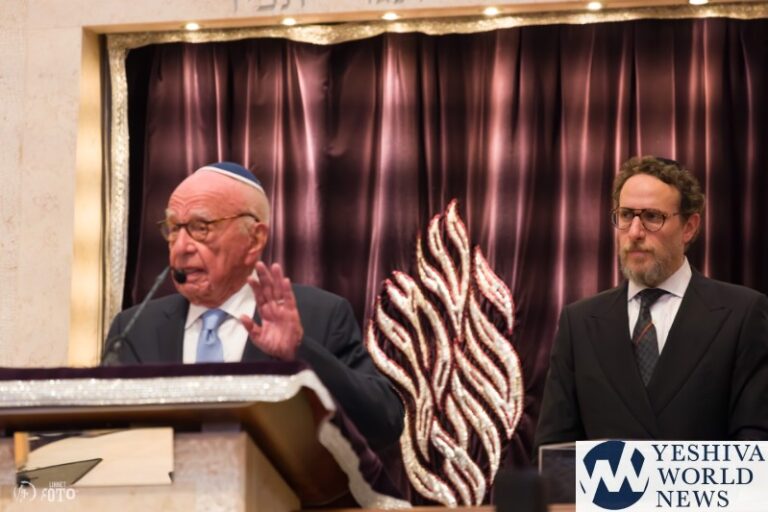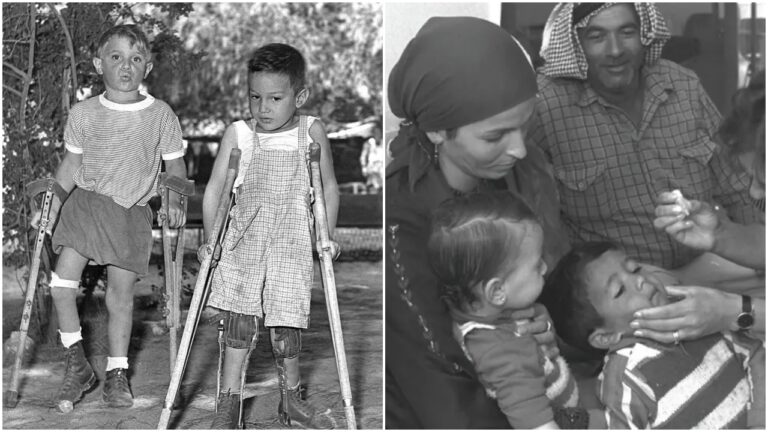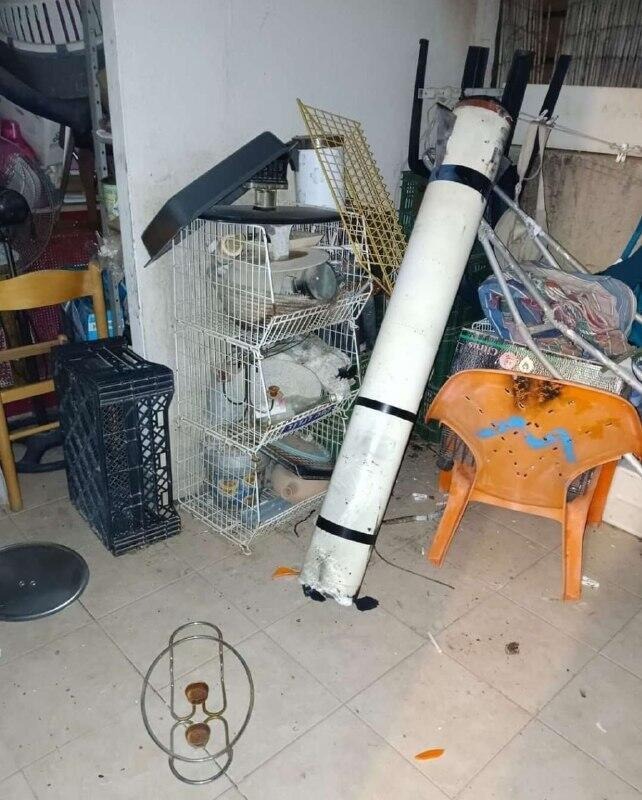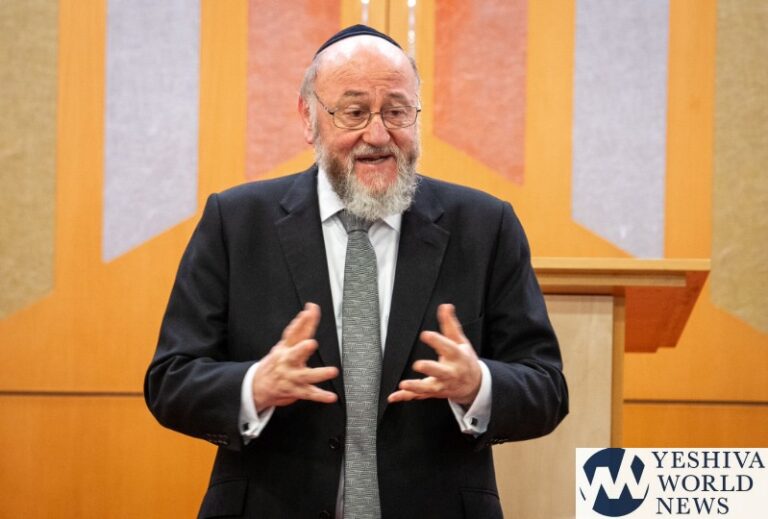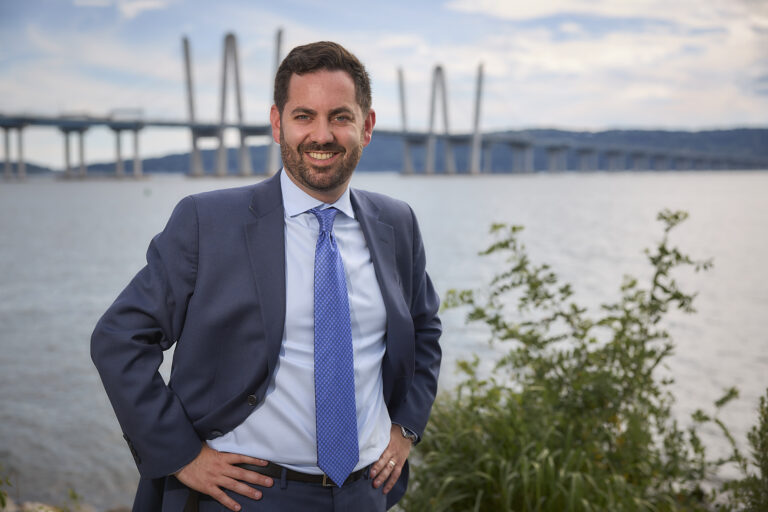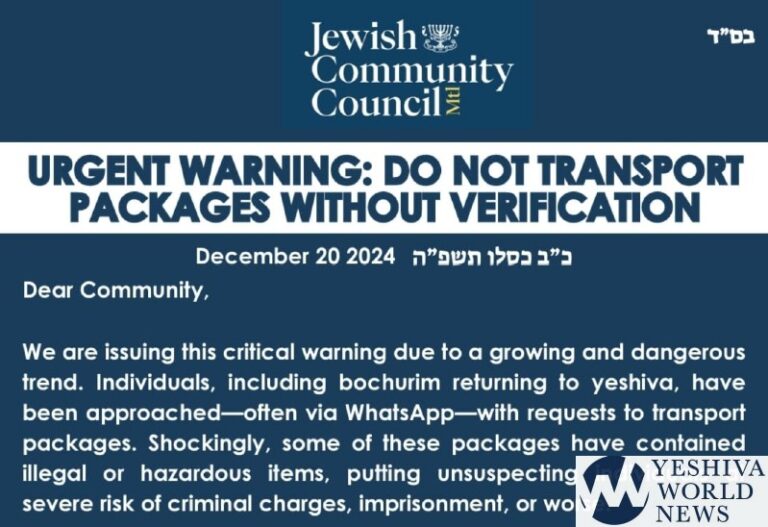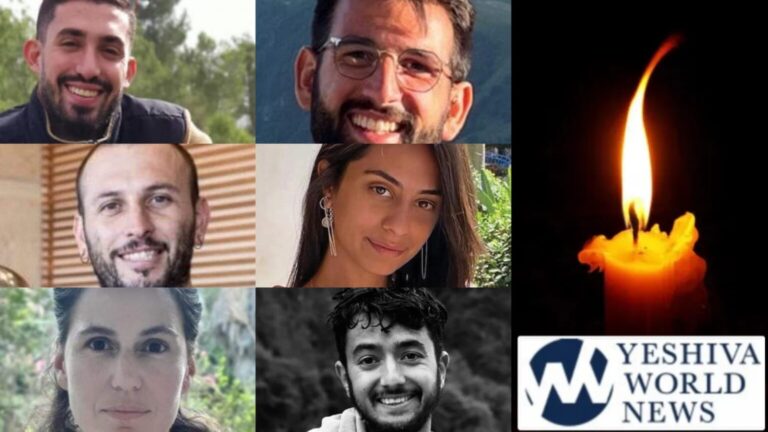 On Tuesday 23 Iyar, Yad Vashem will hold a ceremony posthumously honoring Apostolos and Maria Voliotis from Greece as Righteous Among the Nations. Irena Steinfeldt, Director of the Righteous Among the Nations Department, will present Apostolos Voliotis, grandson of Apostolos and Maria, with the medal and certificate of honor on behalf of his grandparents. The event will take place in the presence of Ambassador of Greece to Israel H.E. Mr. Spyridon Lampridis.
On Tuesday 23 Iyar, Yad Vashem will hold a ceremony posthumously honoring Apostolos and Maria Voliotis from Greece as Righteous Among the Nations. Irena Steinfeldt, Director of the Righteous Among the Nations Department, will present Apostolos Voliotis, grandson of Apostolos and Maria, with the medal and certificate of honor on behalf of his grandparents. The event will take place in the presence of Ambassador of Greece to Israel H.E. Mr. Spyridon Lampridis.
A memorial ceremony in the Hall of Remembrance will be held at 11:00AM followed by the awarding of the medal and certificate in the Auditorium at Yad Vashem. The events will be conducted in Hebrew and Greek.
The Rescue Story
The Hakim family lived in Volos, a coastal city in Thessaly, central Greece.
Eliahu Hakim and his brother Leon were traveling salesmen, and became friendly with a non-Jewish grocer Voliotis who lived in the village of Lechonia. With the occupation of the southern part of Greece by the Germans in September 1943, the situation for the Jews became dangerous and the Hakim family were forced to leave their home. On 30 September, the German commander of the Volos province approached Rabbi Moshe (Moissis) Pessah and demanded that he hand over a list with the names of all of the Jews of Volos. Rabbi Pessah turned to Archbishop Ioakim Alexopoulos (recognized as Righteous Among the Nations in October 1997) for assistance, and at the same time warned the community against the pending danger. Eliahu Hakim found a horse and buggy, and together with his family – his wife Anna, children Yulia-Levana, Abraham, David and Moshe, and his brother Leon – managed to flee the town to the Pillion Mountains.
When they arrived in Lechonia, the family immediately sought out their grocer friend Voliotis, who made contact with his brother Apostolos from the nearby village of Karabas. Apostolos Voliotis welcomed the Hakim family and arranged a hiding place in his packinghouse, which was located on the outskirts of the village. The Jewish refugees stayed there for more than a year, under the careful watch of Apostolos and his wife Maria. Conditions were difficult; they lived mainly off the fruits from a local orchard and leafy greens and fungi that Apostolos taught them to forage from the nearby forest. Once a week, Anna and Leon would go into the village to stock up on a few groceries and other necessities. Eliahu suffered from a stomach ulcer that caused him great pain, and was unable to leave the hideout.
The Germans carried out regular searches of the area in an effort to catch partisans and Jews, among others, often together with the assistance of local Greek collaborators. During these searches, the Hakim family would hide in caves in the area. After the war, Levana Shalish recalled that during one of these raids they were spotted by the Germans; Apostolos Voliotis maintained his composure and claimed that they were his workers, and the Germans left them alone.
When the Germans set up an outpost in the monastery overlooking Apostolos Voliotis’s packinghouse, the Hakim family relocated to a small cabin concealed by trees. During that time, other relatives of the Hakim family moved into the first hiding place, but were caught a short time later. In light of the growing threat, the family decided to leave the village and go deeper into the mountains. They wandered from one village to another in search of shelter and food, somehow surviving until liberation.
After the war, the family returned to their home in Volos. In 1946, they decided to leave Greece and came to Eretz Israel aboard the illegal immigrant ship Henrietta Szold.
On 10 March 2015, Apostolos and Maria Voliotis were recognized by Yad Vashem as Righteous Among the Nations.
(YWN – Israel Desk, Jerusalem)



